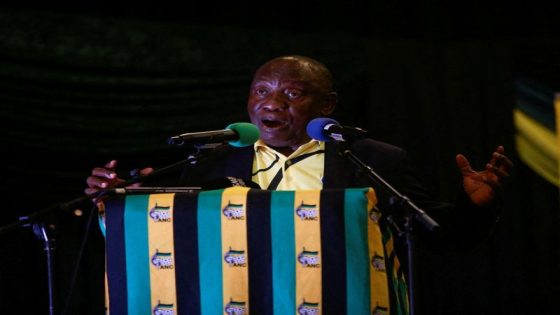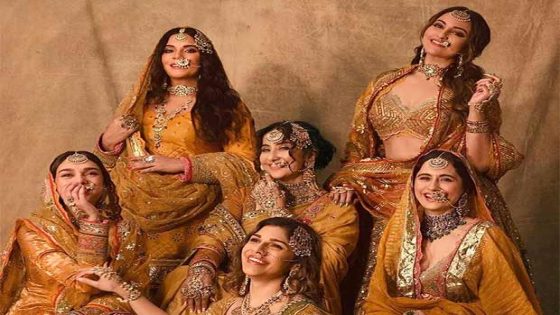SOWETO, South Africa (Reuters) – South African President Cyril Ramaphosa promised on Saturday to do more on issues including jobs and state welfare as he campaigned for elections next week that polls suggest could loosen the African National Congress’ 30-year grip on power.
Political parties are holding rallies in the final weekend before the national and provincial elections, which Ramaphosa called one of the most important in the country’s history.
If poll predictions prove accurate, the ANC could win less than 50% of the vote, meaning it would have to seek one or more coalition partners for the first time since coming to power 30 years ago under the leadership of liberation hero Nelson Mandela at the end of apartheid.
“We gather here carrying with us the hopes and aspirations of millions of our people … to declare that together, we will do more and we will do better,” Ramaphosa told supporters gathered at a soccer stadium in the country’s most populous township, Soweto.
“On Wednesday the 29th, our people will decide whether our country continues moving forward with the ANC towards a better, brighter future or backwards to a terrible past,” he told crowds of people dressed in the ANC’s colours of yellow, green and black.
He said the party would focus on getting more South Africans into work, tackle the high cost of living, maintain existing social grants and progressively implement a basic income support grant for the unemployed.
A 31-year-old unemployed man, Meshack Jantjie, told Reuters he planned to vote for the ANC because he had faith in Ramaphosa’s plans to create jobs – something he said was urgent.
“The ANC must do the right thing. We don’t have jobs. No money. We need to eat,” Jantjie told Reuters.
Riddled with corruption scandals, a sky-high unemployment rate and economic stagnation, the ANC is entering the vote on shaky grounds.
The promise of prosperity and empowerment at the end of white minority rule in 1994 has not materialised, with more than 30% of South Africans without a job and income inequality that is among the highest in the world.
Mandela’s vision of a “Rainbow Nation” has faded, while the murder rate has risen.
(Reporting by Bhargav Acharya and Nellie Peyton; Writing by Anait Miridzhanian; Editing by Helen Popper)
Source Agencies



